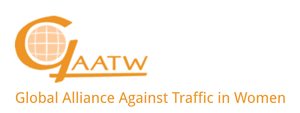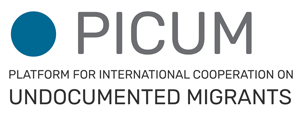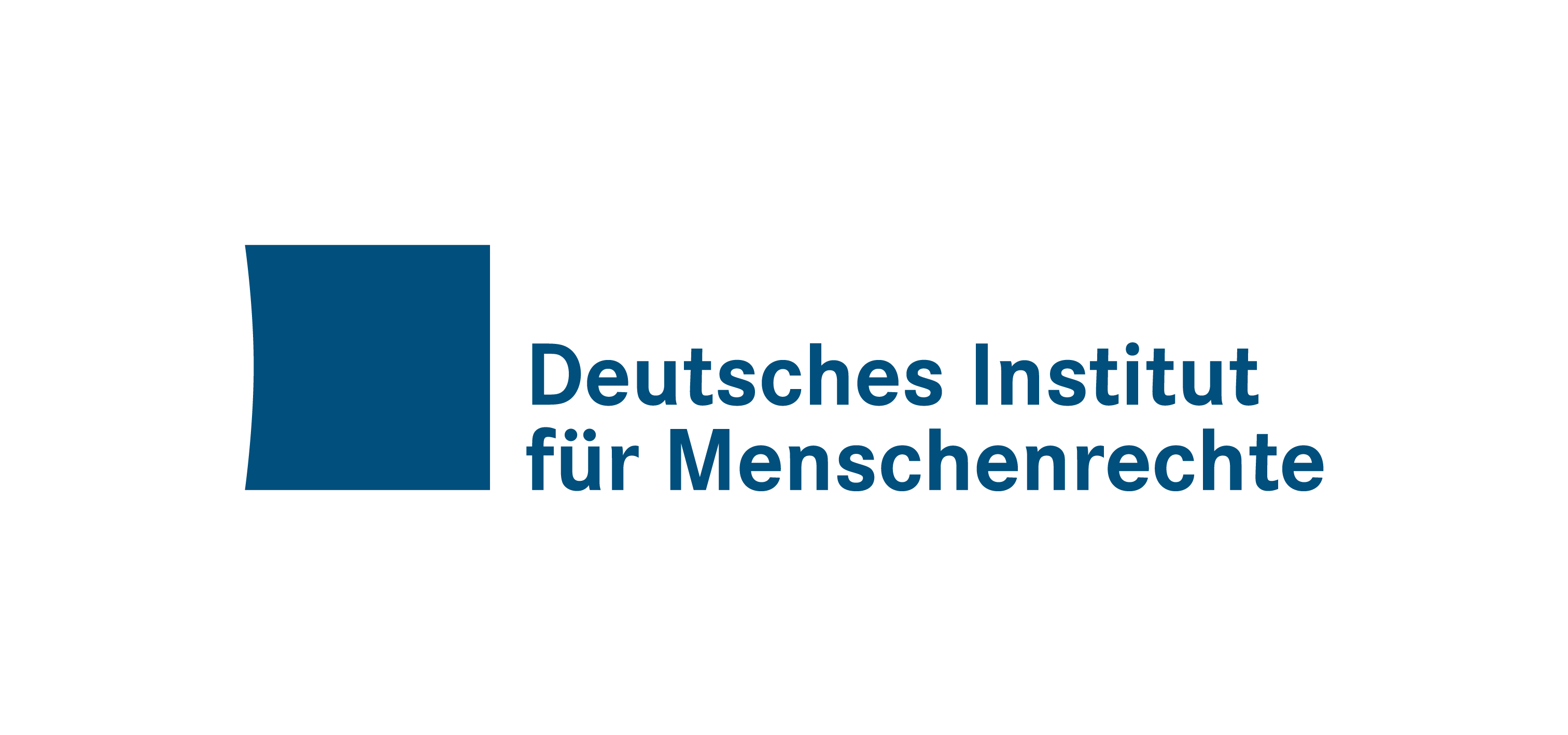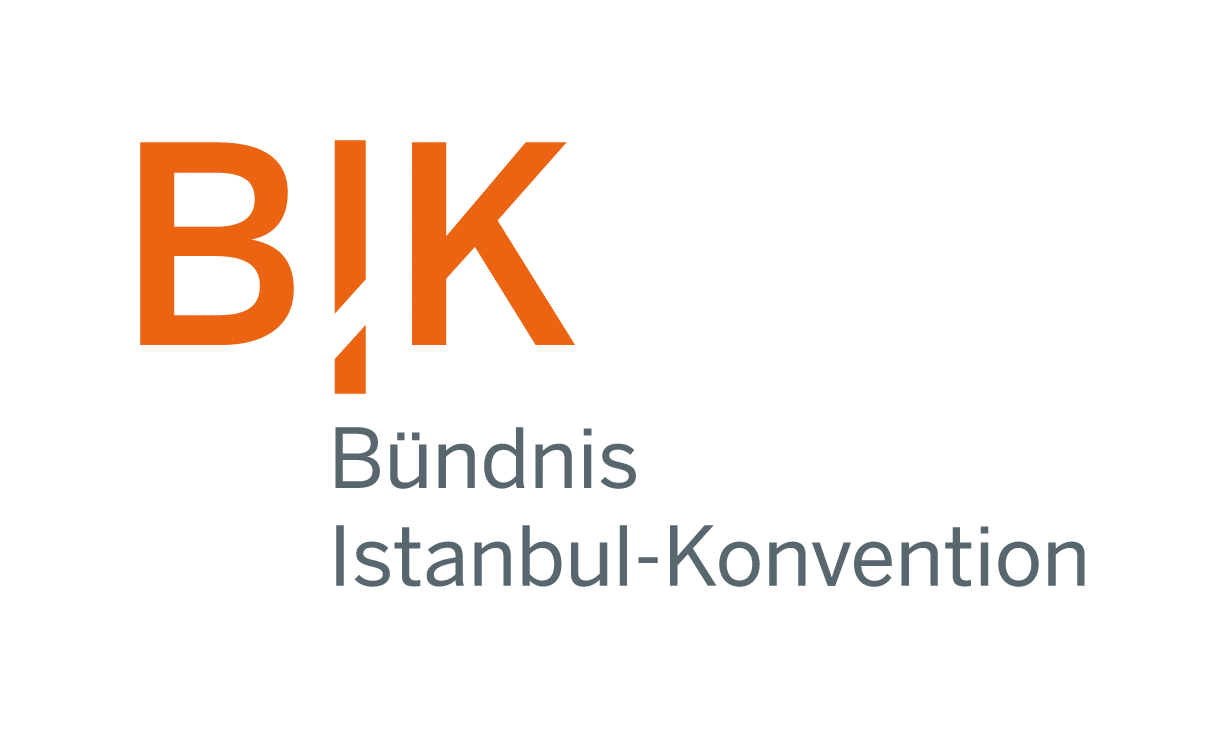This year marks the 20th anniversary of the Palermo Protocol to Prevent, Suppress and Punish Trafficking in Persons Especially Women and Children. Maria Grazia Giammarinaro, now former UN Special Rapporteur on Trafficking in Persons concludes her 6 year term with the following remarks, that were presented during the webinar 20 Years After: Implementing and Going Beyond the Palermo Protocol Webinar on the occasion of the 20th anniversary of the UN Protocol on 30th June 2020 and on 13th and 14th July 2020.
There she notes: "The landscape [...] today (is) much more developed and complex compared to the way it was when the Palermo Protocol was adopted. In particular, regional and global instruments, soft law instruments, treaty-monitoring bodies documents, the regional human rights courts case law and Civil Society Organizations practices have paved the way to a more comprehensive and genuinely human rights based anti-trafficking action."
Furthermore she addresses the past 20 years of international work against trafficking as well as the future of anti-trafficking work, what still needs to be done and which policy strategies should be adopted. Therefore, it is now time - 20 years after its adoption - to go beyond the Palermo Protocol, in three directions. The UN system, UN human rights procedures, academia, governments and civil society should:
- act to reorient the implementation of the Palermo Protocol through an integrated interpretation of binding and soft-law instruments adopted since 2000, and the case law of regional HR Courts;
- advocate for deep changes in national anti-trafficking legislation and implementation regulations, that should be brought into compliance with human rights standards;
- consider the possibility of adopting a new international instrument addressing exploitation from a human rights-based approach.
In addition she offers a 12 point final recommendation adressing governments, intergovernmental agencies and civil society alike.
Please follow the link to view the written remarks.










